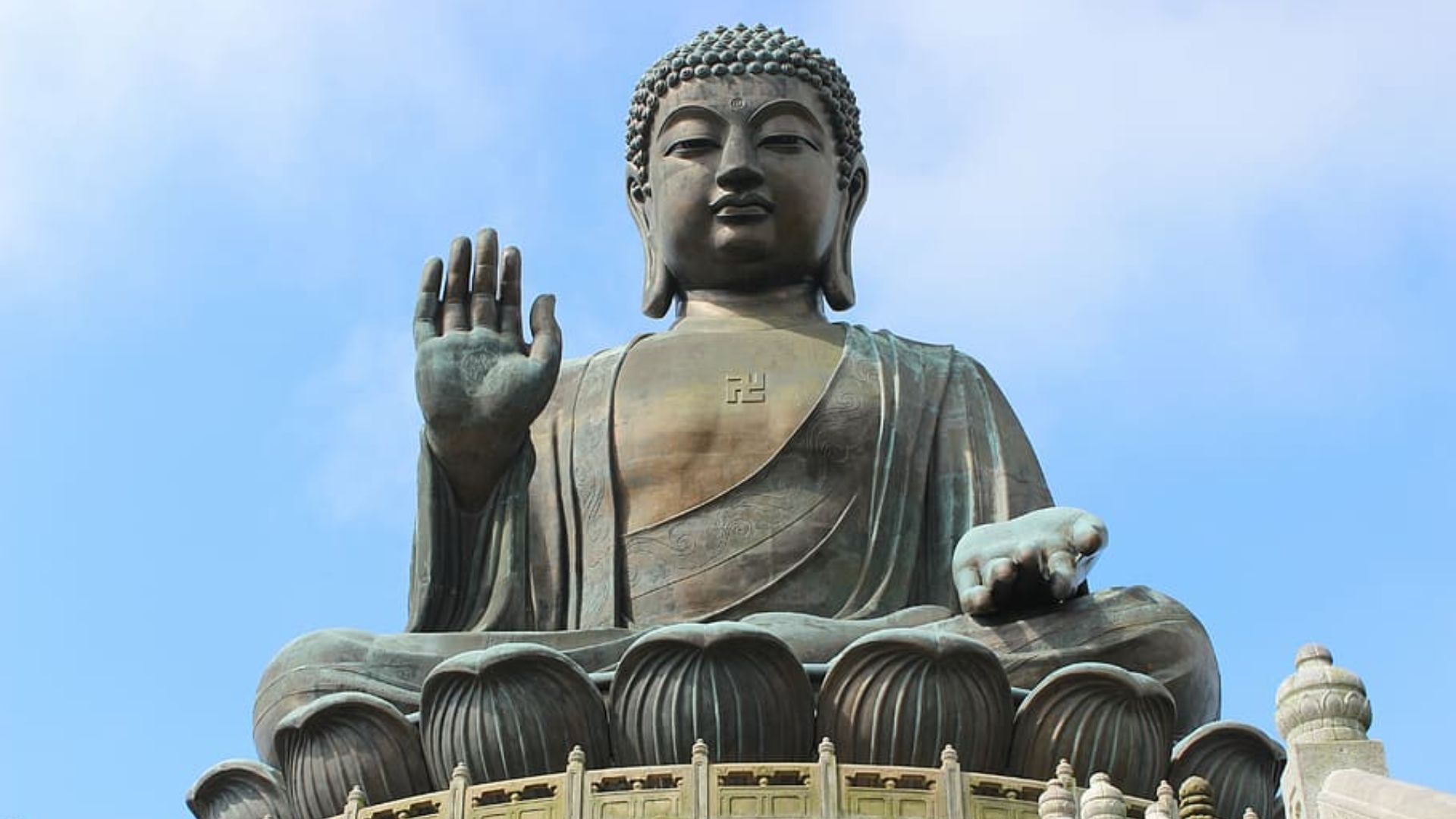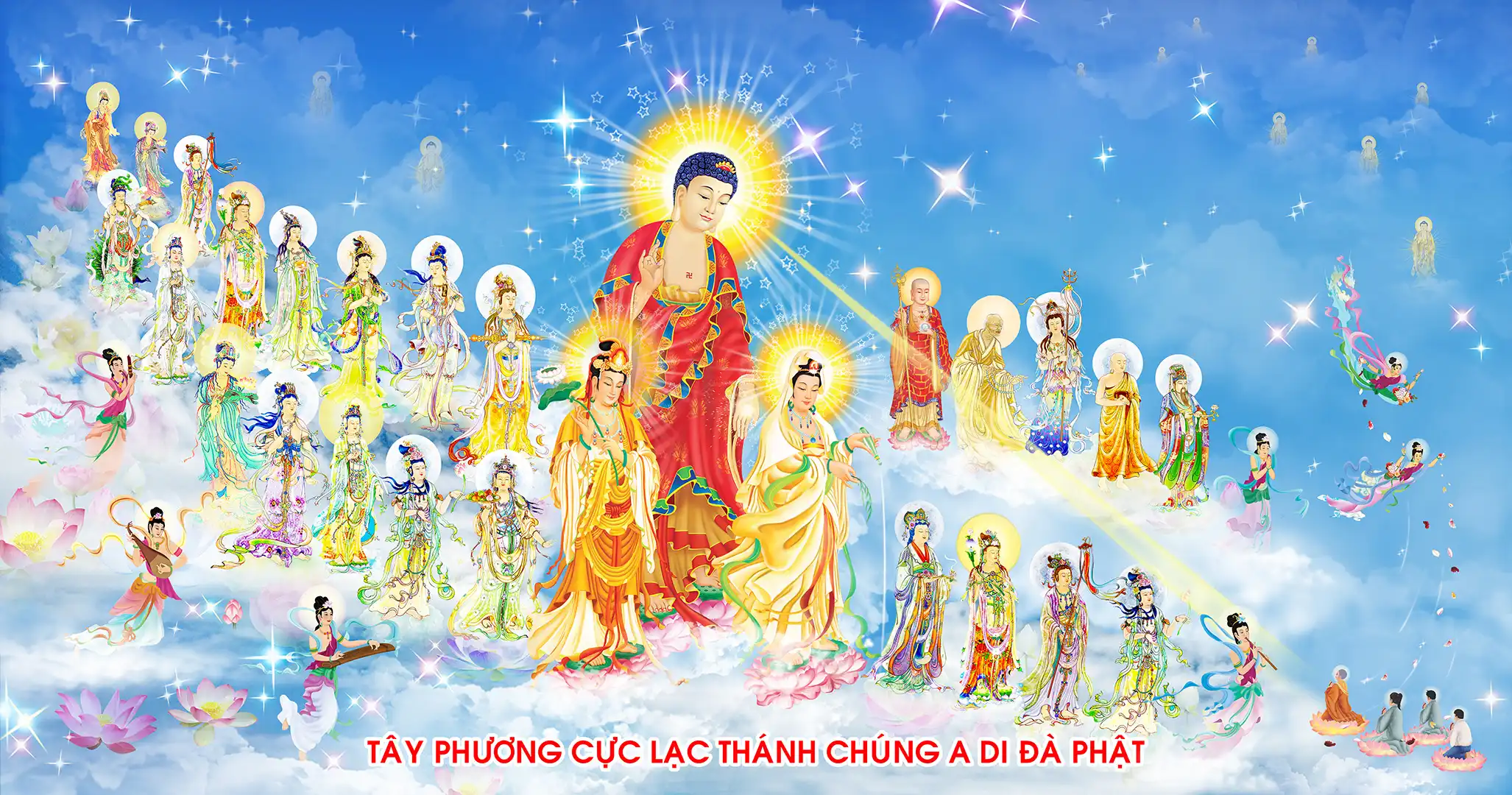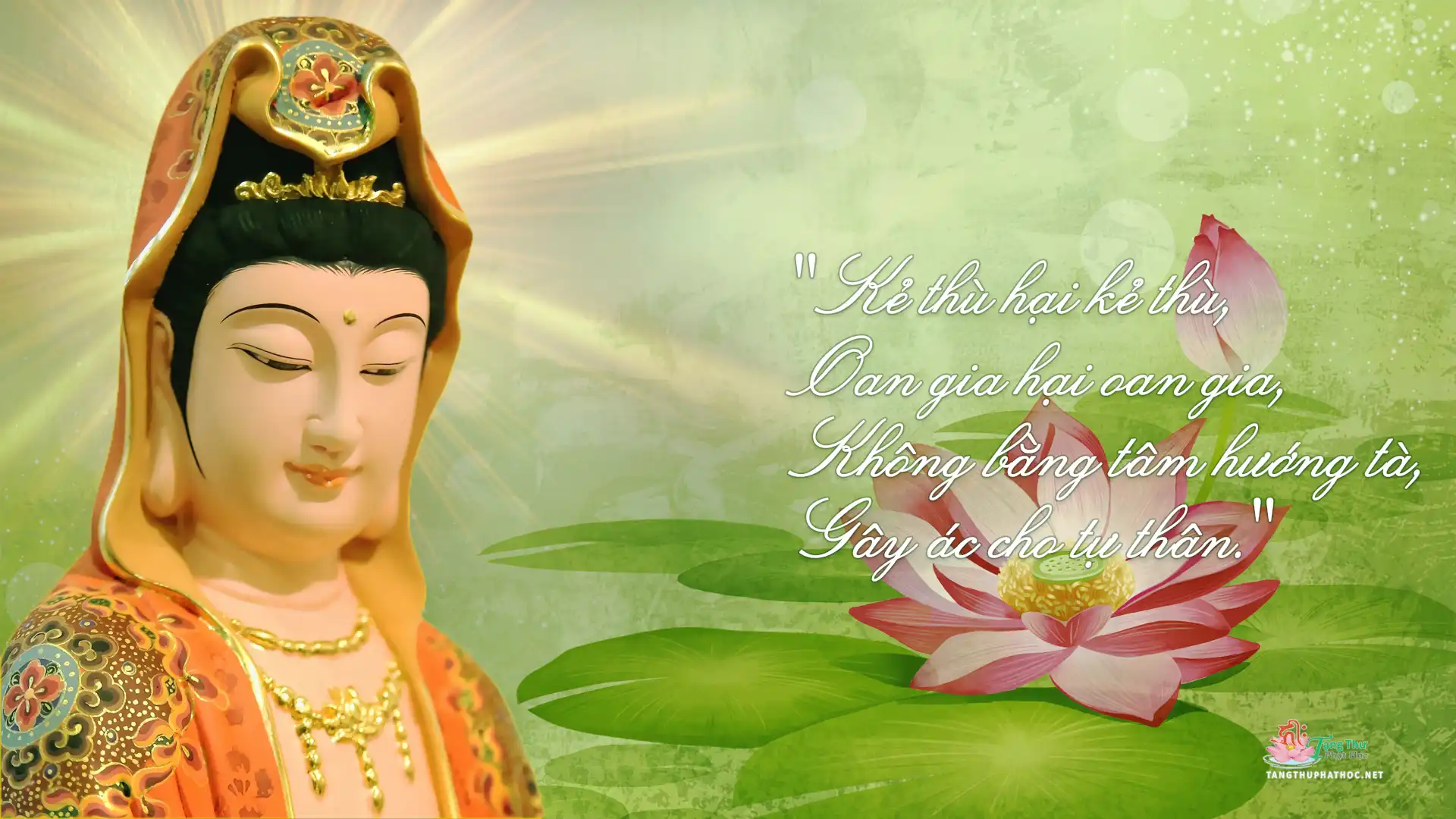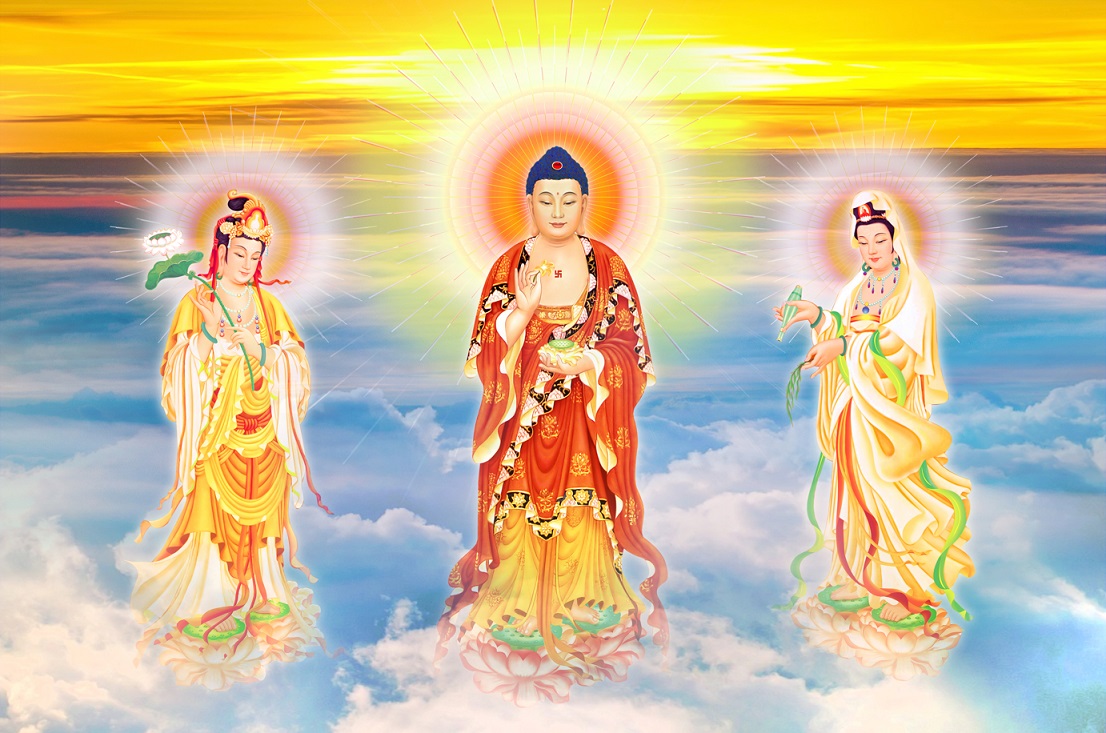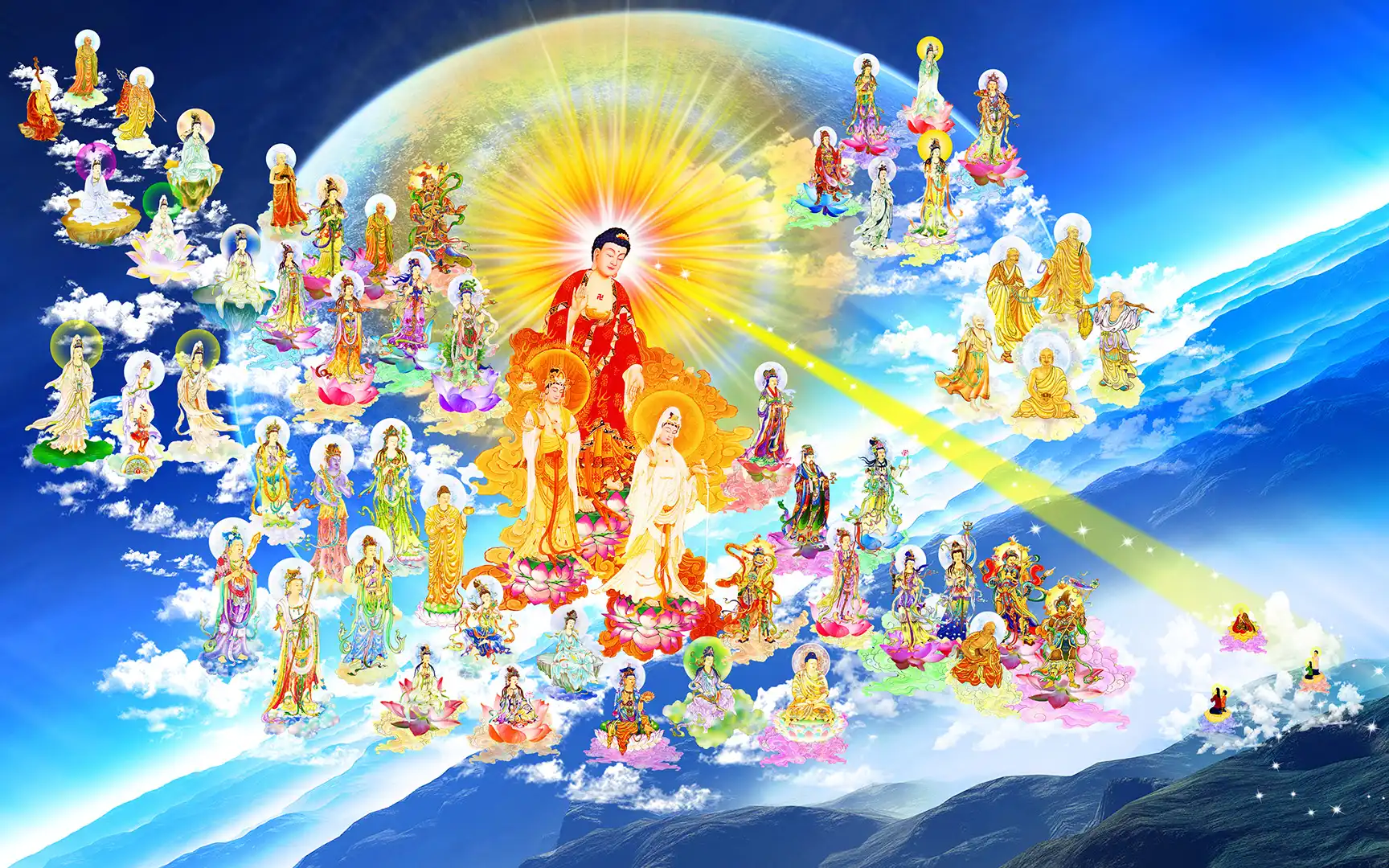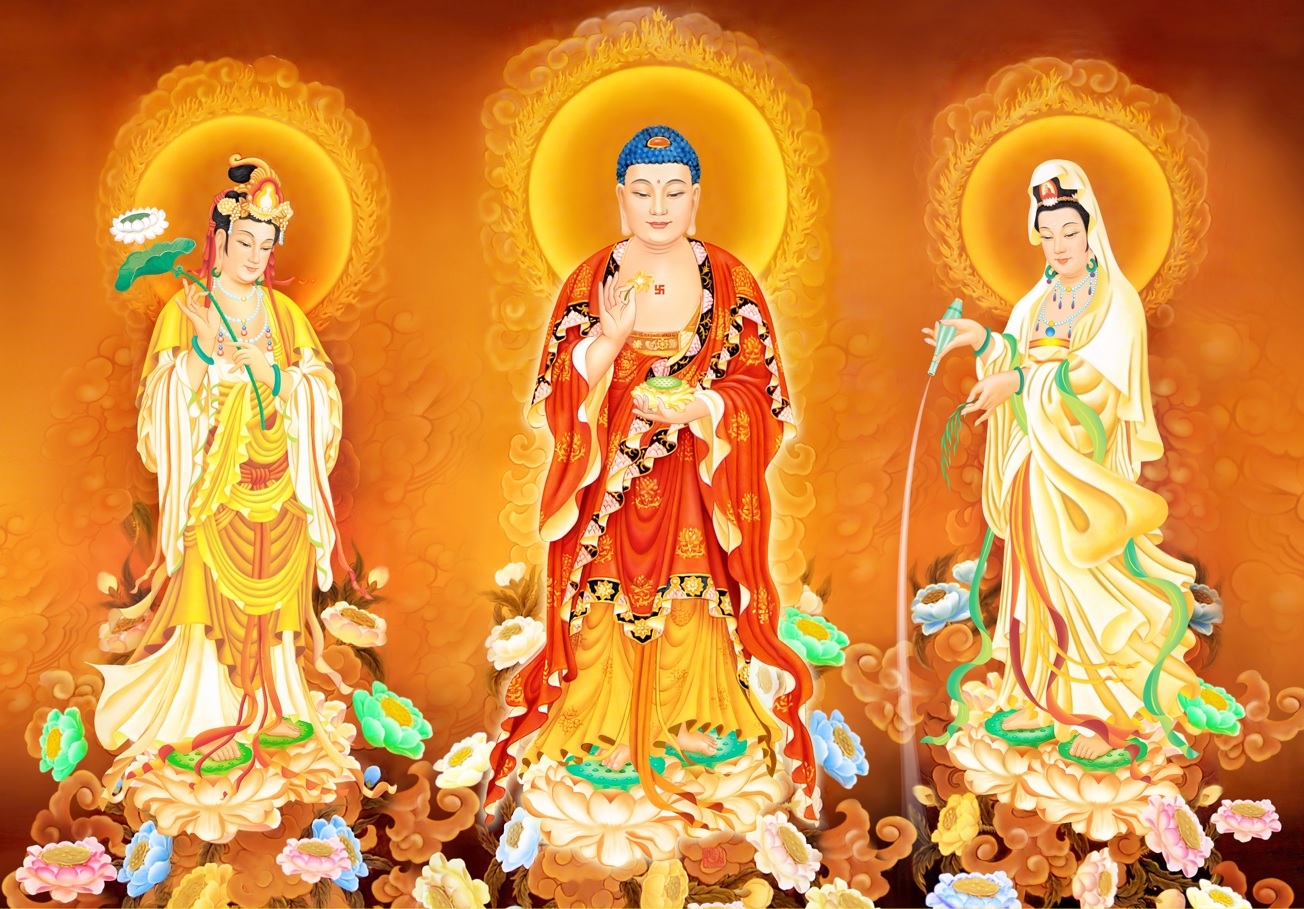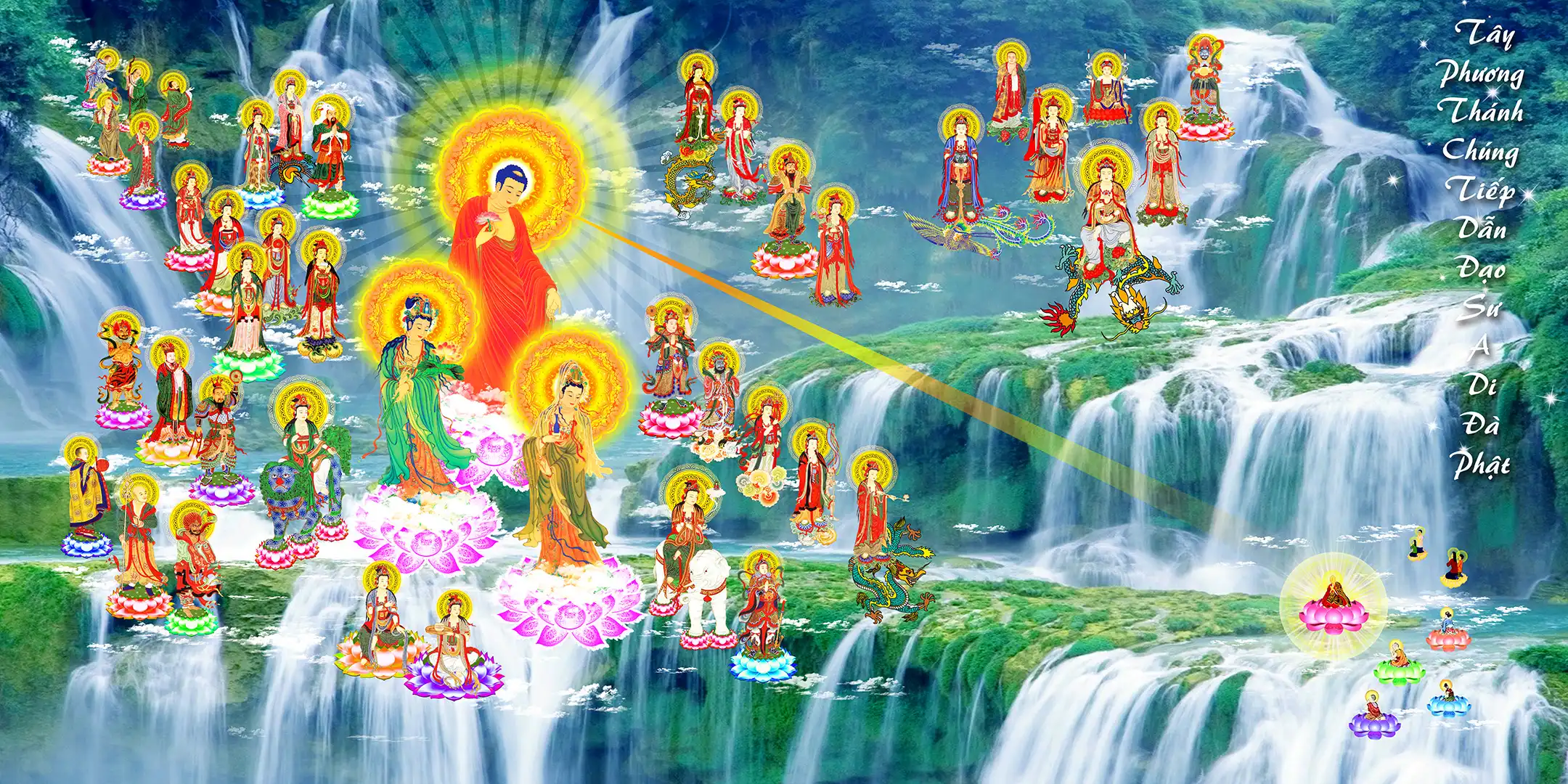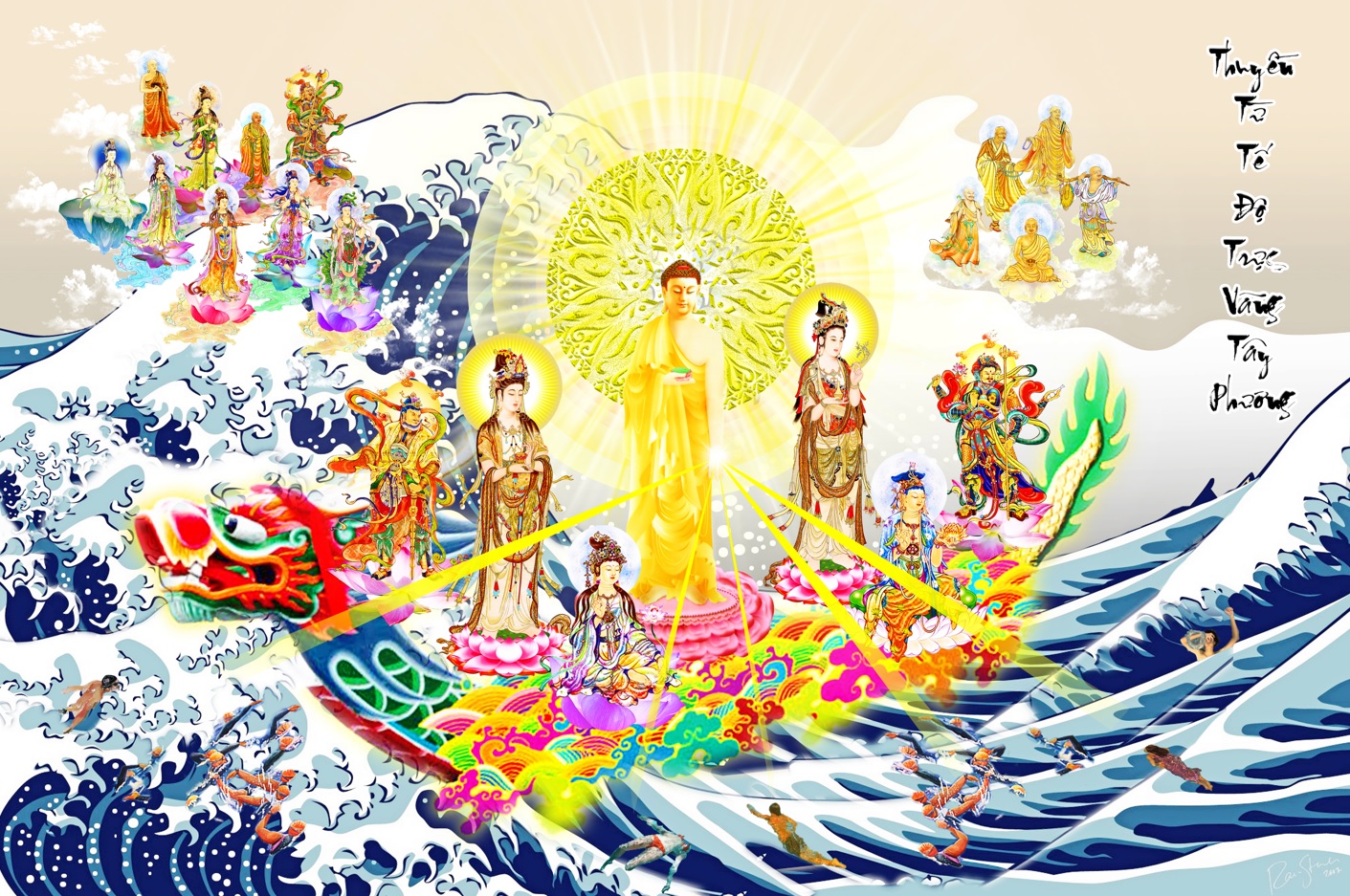Susima Sutta
About Susima
Translated from the Pali by Thanissaro Bhikkhu
I have heard that on one occasion the Blessed One was staying near Rajagaha in the Bamboo Grove, the squirrels’ sanctuary. Now at that time the Blessed One was worshipped, revered, honored, venerated, given homage — a recipient of robes, alms-food, lodgings, and medical requisites for the sick. The community of monks was also worshipped, revered, honored, venerated, given homage — a recipient of robes, alms-food, lodgings, and medical requisites for the sick. But the wanderers of other sects were not worshipped, revered, honored, venerated, or given homage, nor were they recipients of robes, alms-food, lodgings, or medical requisites for the sick.
Now at that time Susima the wanderer was living in Rajagaha with a large following of wanderers. And so Susima’s following of wanderers said to him, “Come now, friend Susima. Go live the holy life under Gotama the contemplative. When you have completely mastered the Dhamma, tell it to us; when we have completely mastered it, we will teach it to householders and then we, too, will be worshipped, revered, honored, venerated, given homage; we too will become recipients of robes, alms-food, lodgings, and medical requisites for the sick.”
Responding, “As you say, friends,” to his own following, Susima the wanderer went to Ven. Ánanda and, on arrival, exchanged courteous greetings with him. After an exchange of friendly greetings and courtesies, he sat to one side. As he was sitting there, he said to Ven. Ánanda, “Friend Ánanda, I want to live the holy life in this Dhamma and Discipline.”
Then Ven. Ánanda took Susima the wanderer to the Blessed One and, on arrival, having bowed down to the Blessed One, sat to one side. As he was sitting there he said to the Blessed One, “Lord, this wanderer, Susima, has said, ‘Friend Ánanda, I want to live the holy life in this Dhamma and Discipline.'”
“Then in that case, Ánanda, give him the Going Forth.” So Susima the wanderer gained the Going Forth in the presence of the Blessed One, he gained the Acceptance into the community of monks.
Now at that time a large number of monks had declared final gnosis in the Blessed One’s presence: “We discern that ‘Birth is ended, the holy life fulfilled, the task done. There is nothing further for the sake of this world.'”
Ven. Susima heard that “A large number of monks, it seems, have declared final gnosis in the Blessed One’s presence: ‘we discern that “Birth is ended, the holy life fulfilled, the task done. There is nothing further for the sake of this world.”‘” Then Ven. Susima went to those monks and, on arrival, exchanged courteous greetings with them. After an exchange of friendly greetings and courtesies, he sat to one side. As he was sitting there, he said to them, “Is it true, as they say, that you have declared final gnosis in the Blessed One’s presence: ‘we discern that “Birth is ended, the holy life fulfilled, the task done. There is nothing further for the sake of this world”‘?”
“Yes, friend.”
“Then, having known thus, having seen thus, do you wield manifold supra-normal powers? Having been one you become many; having been many you become one? You appear? You vanish? You go unimpeded through walls, ramparts, and mountains as if through space? You dive in and out of the earth as if it were water? You walk on water without sinking as if it were dry land? Sitting cross-legged you fly through the air like a winged bird? With your hand you touch and stroke even the sun and moon, so mighty and powerful? You exercise influence with your body even as far as the Brahma worlds?”
“No, friend.”
“Then, having known thus, having seen thus, do you hear — by means of the divine ear-element, purified and surpassing the human — both kinds of sounds: divine and human, whether near or far?”
“No, friend.”
“Then, having known thus, having seen thus, do you know the awareness of other beings, other individuals, having encompassed it with your own awareness? Do you discern a mind with passion as a mind with passion, and a mind without passion as a mind without passion; a mind with aversion as a mind with aversion, and a mind without aversion as a mind without aversion; a mind with delusion as a mind with delusion, and a mind without delusion as a mind without delusion; a restricted mind as a restricted mind, and a scattered mind as a scattered mind; an enlarged mind as an enlarged mind, and an un-enlarged mind as an un-enlarged mind; an excelled mind one that is not on the most excellent level as an excelled mind, and an unexcelled mind as an unexcelled mind; a concentrated mind as a concentrated mind, and an un-concentrated mind as an un-concentrated mind; a released mind as a released mind, and an unreleased mind as an unreleased mind?”
“No, friend.”
“Then, having known thus, having seen thus, do you recollect your manifold past lives (lit: previous homes), i.e., one birth, two births, three births, four, five, ten, twenty, thirty, forty, fifty, one hundred, one thousand, one hundred thousand births, many aeons of cosmic contraction, many aeons of cosmic expansion, many aeons of cosmic contraction and expansion, [recollecting], ‘There I had such a name, belonged to such a clan, had such an appearance. Such was my food, such my experience of pleasure and pain, such the end of my life. Passing away from that state, I re-arose there. There too I had such a name, belonged to such a clan, had such an appearance. Such was my food, such my experience of pleasure and pain, such the end of my life. Passing away from that state, I re-arose here’?”
“No, friend.”
“Then, having known thus, having seen thus, do you see — by means of the divine eye, purified and surpassing the human — beings passing away and re-appearing, and do you discern how they are inferior and superior, beautiful and ugly, fortunate and unfortunate in accordance with their kamma: ‘These beings — who were endowed with bad conduct of body, speech, and mind, who reviled the noble ones, held wrong views and undertook actions under the influence of wrong views — with the break-up of the body, after death, have re-appeared in the plane of deprivation, the bad destination, the lower realms, in hell. But these beings — who were endowed with good conduct of body, speech, and mind, who did not revile the noble ones, who held right views and undertook actions under the influence of right views — with the break-up of the body, after death, have re-appeared in the good destinations, in the heavenly world’?”
“No, friend.”
“Then, having known thus, having seen thus, do you dwell touching with your body the peaceful emancipations, the formless states beyond form [the formless jhanas]?”
“No, friend.”
“So just now, friends, didn’t you make that declaration without having attained any of these Dhammas?”
“We’re released through discernment, friend Susima.”
“I don’t understand the detailed meaning of your brief statement. It would be good if you would speak in such a way that I would understand its detailed meaning.”
“Whether or not you understand, friend Susima, we are still released through discernment.”
So Ven. Susima got up from his seat and went to the Blessed One. On arrival, having bowed down to the Blessed One, he sat to one side. As he was sitting there, he told the Blessed One the entire conversation he had had with those monks.
The Blessed One said: “First, Susima, there is the knowledge of the regularity of the Dhamma [dependent co-arising], after which there is the knowledge of Unbinding.”
“I don’t understand the detailed meaning of the Blessed One’s brief statement. It would be good if the Blessed One would speak in such a way that I would understand its detailed meaning.”
“Whether or not you understand, Susima, it is still the case that first there is the knowledge of the regularity of the Dhamma, after which there is the knowledge of Unbinding.
“What do you think, Susima: Is form [any physical phenomenon] constant or inconstant?” — “Inconstant, lord.” — “And is that which is inconstant easeful or stressful?” — “Stressful, lord.” — “And is it fitting to regard what is inconstant, stressful, subject to change as: ‘this is mine. This is my self. This is what I am’?”
“No, lord.”
“…Is feeling constant or inconstant?” — “Inconstant, lord.”…
“…Is perception constant or inconstant?” — “Inconstant, lord.”…
“…Are fabrications constant or inconstant?” — “Inconstant, lord.”…
“What do you think, Susima: Is consciousness constant or inconstant?” — “Inconstant, lord.” — “And is that which is inconstant easeful or stressful?” — “Stressful, lord.” — “And is it fitting to regard what is inconstant, stressful, subject to change as: ‘this is mine. This is my self. This is what I am’?”
“No, lord.”
“Thus, Susima, any form whatsoever that is past, future, or present; internal or external; blatant or subtle; common or sublime; far or near: every form is to be seen as it actually is with right discernment as: ‘this is not mine. This is not my self. This is not what I am.’
“Any feeling whatsoever…
“Any perception whatsoever…
“Any fabrications whatsoever…
“Any consciousness whatsoever that is past, future, or present; internal or external; blatant or subtle; common or sublime; far or near: every consciousness is to be seen as it actually is with right discernment as: ‘this is not mine. This is not my self. This is not what I am.’
“Seeing thus, the well-instructed disciple of the noble ones grows disenchanted with form, disenchanted with feeling, disenchanted with perception, disenchanted with fabrications, disenchanted with consciousness. Disenchanted, he becomes dispassionate. Through dispassion, he is fully released. With full release, there is the knowledge, ‘Fully released.’ He discerns that ‘Birth is depleted, the holy life fulfilled, the task done. There is nothing further for this world.'”
“Susima, do you see that from birth as a requisite condition there is aging and death?”
“Yes, lord.”
“Do you see that from becoming as a requisite condition there is birth?”
“Yes, lord.”
“Do you see that from clinging/sustenance as a requisite condition there is becoming?”
“Yes, lord.”
“Do you see that from craving as a requisite condition there is clinging/sustenance?”
“Yes, lord.”
“Do you see that from feeling as a requisite condition there is craving?”
“Yes, lord.”
“Do you see that from contact as a requisite condition there is feeling?”
“Yes, lord.”
“Do you see that from the six sense media as a requisite condition there is contact?”
“Yes, lord.”
“Do you see that from name-and-form as a requisite condition there are the six sense media?”
“Yes, lord.”
“Do you see that from consciousness as a requisite condition there is name-and-form?”
“Yes, lord.”
“Do you see that from fabrications as a requisite condition there is consciousness?”
“Yes, lord.”
“Do you see that from ignorance as a requisite condition there are fabrications?”
“Yes, lord.”
“Now, Susima, do you see that from the cessation of birth there is the cessation of aging and death?”
“Yes, lord.”
“Do you see that from the cessation of becoming there is the cessation of birth?”
“Yes, lord.”
“Do you see that from the cessation of clinging/sustenance there is the cessation of becoming?”
“Yes, lord.”
“Do you see that from the cessation of craving there is the cessation of clinging/sustenance?”
“Yes, lord.”
“Do you see that from the cessation of feeling there is the cessation of craving?”
“Yes, lord.”
“Do you see that from the cessation of contact there is the cessation of feeling?”
“Yes, lord.”
“Do you see that from the cessation of the six sense media there is the cessation of contact?”
“Yes, lord.”
“Do you see that from the cessation of name-and-form there is the cessation of the six sense media?”
“Yes, lord.”
“Do you see that from the cessation of consciousness there is the cessation of name-and-form?”
“Yes, lord.”
“Do you see that from the cessation of fabrications there is the cessation of consciousness?”
“Yes, lord.”
“Do you see that from the cessation of ignorance there is the cessation of fabrications?”
“Yes, lord.”
“Then, having known thus, having seen thus, Susima, do you wield manifold supra-normal powers? Having been one you become many; having been many you become one? You appear? You vanish? You go unimpeded through walls, ramparts, and mountains as if through space? You dive in and out of the earth as if it were water? You walk on water without sinking as if it were dry land? Sitting cross-legged you fly through the air like a winged bird? With your hand you touch and stroke even the sun and moon, so mighty and powerful? You exercise influence with your body even as far as the Brahma worlds?”
“No, lord.”
“Then, having known thus, having seen thus, Susima, do you hear — by means of the divine ear-element, purified and surpassing the human — both kinds of sounds: divine and human, whether near or far?”
“No, lord.”
“Then, having known thus, having seen thus, Susima, do you know the awareness of other beings, other individuals, having encompassed it with your own awareness? Do you discern a mind with passion as a mind with passion, and a mind without passion as a mind without passion; a mind with aversion as a mind with aversion, and a mind without aversion as a mind without aversion; a mind with delusion as a mind with delusion, and a mind without delusion as a mind without delusion; a restricted mind as a restricted mind, and a scattered mind as a scattered mind; an enlarged mind as an enlarged mind, and an un-enlarged mind as an un-enlarged mind; an excelled mind [one that is not on the most excellent level] as an excelled mind, and an unexcelled mind as an unexcelled mind; a concentrated mind as a concentrated mind, and an un-concentrated mind as an un-concentrated mind; a released mind as a released mind, and an unreleased mind as an unreleased mind?”
“No, lord.”
“Then, having known thus, having seen thus, Susima, do you recollect your manifold past lives, i.e., one birth, two births, three births, four, five, ten, twenty, thirty, forty, fifty, one hundred, one thousand, one hundred thousand births, many aeons of cosmic contraction, many aeons of cosmic expansion, many aeons of cosmic contraction and expansion, [recollecting], ‘There I had such a name, belonged to such a clan, had such an appearance. Such was my food, such my experience of pleasure and pain, such the end of my life. Passing away from that state, I re-arose there. There too I had such a name, belonged to such a clan, had such an appearance. Such was my food, such my experience of pleasure and pain, such the end of my life. Passing away from that state, I re-arose here’?”
“No, lord.”
“Then, having known thus, having seen thus, Susima, do you see — by means of the divine eye, purified and surpassing the human — beings passing away and re-appearing, and do you discern how they are inferior and superior, beautiful and ugly, fortunate and unfortunate in accordance with their kamma: ‘These beings — who were endowed with bad conduct of body, speech, and mind, who reviled the noble ones, held wrong views and undertook actions under the influence of wrong views — with the break-up of the body, after death, have re-appeared in the plane of deprivation, the bad destination, the lower realms, in hell. But these beings — who were endowed with good conduct of body, speech, and mind, who did not revile the noble ones, who held right views and undertook actions under the influence of right views — with the break-up of the body, after death, have re-appeared in the good destinations, in the heavenly world’?”
“No, lord.”
“Then, having known thus, having seen thus, Susima, do you dwell touching with your body the peaceful emancipations, the formless states beyond form?”
“No, lord.”
“So just now, Susima, didn’t you make that declaration without having attained any of these Dhammas?”
Then, throwing himself down with his head at the Blessed One’s feet, Ven. Susima said to the Blessed One, “A transgression has overcome me, lord, in that I was so foolish, so muddle-headed, and so unskilled as to go forth as a thief of the Dhamma in this well-taught Dhamma and Discipline! May the Blessed One please accept this confession of my transgression as such, so that I may restrain myself in the future.”
“Yes, Susima, a transgression overcame you in that you were so foolish, so muddle-headed, and so unskilled as to go forth as a thief of the Dhamma in this well-taught Dhamma and Discipline. Suppose, Susima, that a robber, an evil-doer, having been caught, were shown to a king: ‘This, your majesty, is a robber, an evil-doer. Decree what punishment you want for him.’ And so the king would say, ‘Go and — having bound him with a stout rope with his arms pinned tightly against his back, having shaved him bald — march him to a harsh-sounding drum from street to street, crossroads to crossroads; evict him out the south gate of the city and there, to the south of the city, cut off his head.’ Then the king’s men, having bound the man with a stout rope with his arms pinned tightly against his back, would march him from street to street, crossroads to crossroads, evict him out the south gate of the city and there, to the south of the city, cut off his head. What do you think, Susima? Wouldn’t that man, for that reason, experience pain and distress?”
“Yes, lord.”
“However much the pain and distress that man would experience for that reason, Susima, the Going Forth of a thief of the Dhamma in this well-taught Dhamma and Discipline is still more painful in its result, more bitter in its result, in that it leads even to the lower realms. But because you see your transgression as such and make amends in accordance with the Dhamma, we accept your confession. For, Susima, it is a cause of growth in the Dhamma and discipline of the noble ones when, seeing a transgression as such, one makes amends in accordance with the Dhamma and exercises restraint in the future.”



